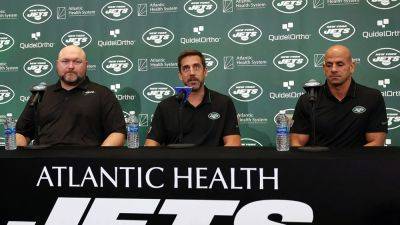Angry coaches, nasty parents could be to blame for umpire shortage
When Carter McCullough takes his place behind home plate, he's kind of living the dream — getting paid to watch a game he loves in the fresh air all summer.
But the 16-year-old second-year umpire also knows that abuse from coaches and parents comes with the territory, a fact that has made recruiting young officials like him harder in recent years.
"You do get some rough games with coaches arguing a call, and then once the coaches get going, the parents start in as well," said McCullough, a Grade 10 student at Saint Andre Bessette Catholic high school.
"It can be a little bit intimidating, but it's just baseball. Most of the games are fun, there's just a few games a year that it happens."
Baseball leagues across North America have had trouble in recent years recruiting umpires. Two are needed for every game — one at home plate and one in the field.
"It is a significant challenge," said Dylan MacMillan, the ump assigner for the London District Baseball Association (LDBA). He has to staff 1,200 games every season, and that's just the elite level. Lower-level games have to find umps on their own, and after they get some experience, they usually move up to MacMillan's level.
"It's not an easy thing to do," he said of officiating baseball games. "It's high stress. The coaches are upset, the parents are upset. You build good relationships along the way, it's not all bad, but the stress that comes with it is a significant drawback for people."
MacMillan has increased how much umps earn per game to sweeten the pot. Entry level umpires like McCullough make about $25 a game, though the pay goes up with each level.
MacMillan has a core roaster of about 60 umps that he calls on regularly, though about 25 to 30 of them work most of








